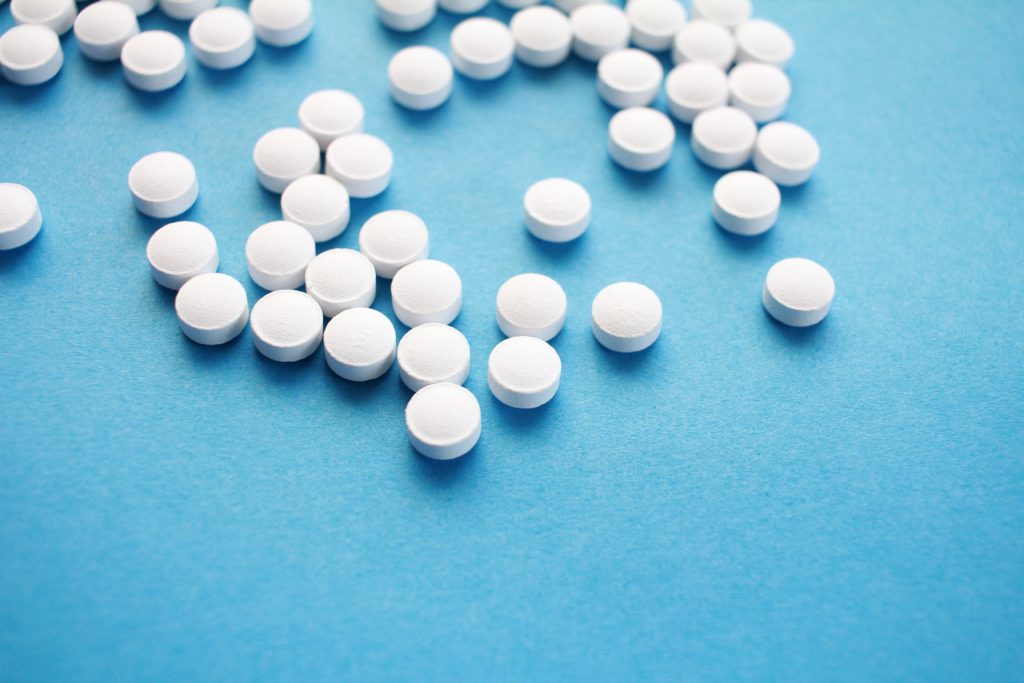
Though small studies have suggested that statins, which lower low-density lipoprotein (LDL), may also reduce COVID severity or mortality, findings from a large study suggest that it has no effect and may even worsen the disease.
In the effort to fight COVID, researchers have attempted to find existing medications that might have an effect on the outcome of the disease, and statins were one readily available candidate that appeared to have some effect. However, a new study published in the journal PLOS ONE suggests they may not be suitable.
“Despite the apparent beneficial effect of statins on the outcomes of various infectious diseases, our study revealed that their specific use to treat COVID is probably not merited,” said senior study author Petros Karakousis, MD, professor of medicine at the Johns Hopkins University School of Medicine. “Compared with earlier research, we looked at a larger and more widely varied inpatient population, and had better criteria for defining disease severity, thereby enabling our results to be more relevant for predicting the impact of statins on COVID outcomes in hospitalised patients.”
In the study, researchers reviewed the records of 4447 hospitalised patients, ages 18 years or older, who had been diagnosed with SARS-CoV-2 infection between March 1 and June 30, 2020. Of these, 594 (13%) were receiving statins at admission, with most statin users being men (57%) and older (ages 52–78 compared with ages 29–62) than the non-statin users. The highest percentage of statin users were black (47%), had hypertension (74%) or diabetes (53%), and were more likely to take medications for lowering blood pressure – along with statins to reduce their LDL cholesterol.
After accounting for confounding factors, statin use was found to have no significant effect on COVID mortality. However, they did find that patients hospitalised with COVID and taking statins had an 18% increased risk for having a more severe form of the disease.
“One plausible explanation for this finding is that statins increase cellular production of angiotensin-converting enzyme 2 [ACE2], the receptor on a cell’s surface through which SARS-CoV-2 gains entry,” said Prof Karakousis. “Therefore, statins may lower a cell’s resistance to infection and in turn, increase the odds that the patient will have a more severe case of COVID.”
Prof Karakousis said future studies should attempt to better define the relationship between statin use and COVID, noting that all previous ones were retrospective and had factors that could not be eliminated, such as many statin users being overweight.
The only way to definitively determine if statins have any benefit for patients with COVID is to conduct a randomised, placebo-controlled clinical trial.
Source: Johns Hopkins Medicine

